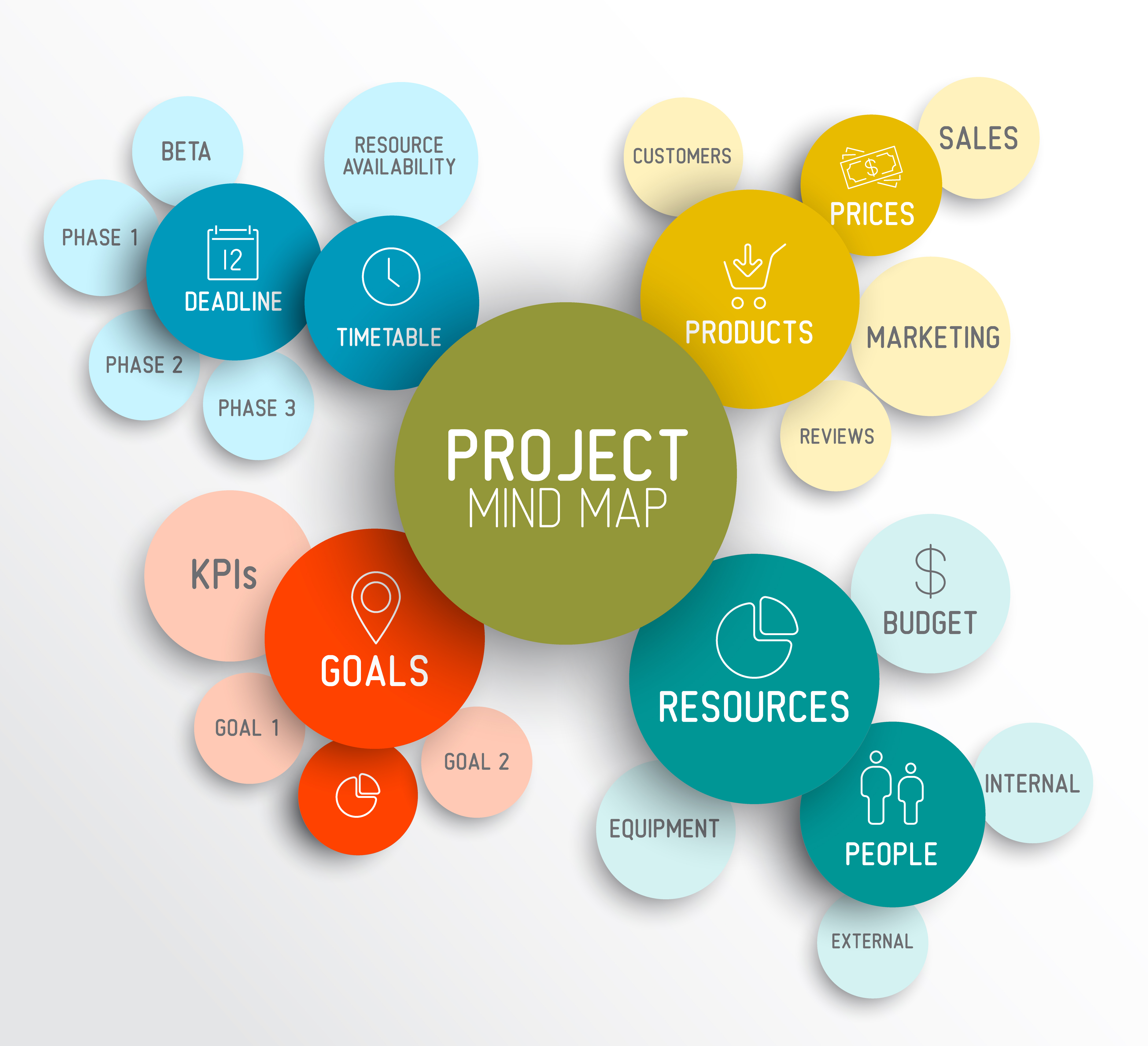
There are so many methodologies being thrown at us now it can be pretty hard to decide which one is best. (Perhaps because there really is no one that stands out as the best, but we will get to that.) Clients will ask if I will be using Agile or SCRUM, or perhaps Six Sigma or Critical Path Method, but before we get into assigning a methodology, we first need to discover what is behind the project. I start by answering the following about the project and the environment:
- Complexity
- Organizational strategic and core values
- Key business drivers
- Stakeholders
- Constraints
- Risks
- Size and cost
Once I’ve done some homework and know what kind of foundation this project has, we now need to discuss who will be on the project team. Will I be using client resources or my own? If using their resources, does their group have multiple successful projects under their belts, and if so, what methodologies have they used? For example, if they have never done a project using SCRUM but think it would be a great idea to try it, there are some key issues we need to discuss. For instance, is their management willing to actively participate in the project and champion it? Are they focused on budget or value? How narrowly defined do they want their metrics? Do their developers suffer from perfectionism, or are they a laid-back group? Can they communicate well even during periods of high stress? Are they focused on avoiding criticism rather than getting something out there?
The list goes on and on – the point here is that the most wonderful project methodology in the world is a horrible failure in the hands of a group that is not the right fit.
Your methodology is paramount to the success of your project. Do not select one because it seems as though everyone else is singing its praises. While I do believe organizations should research and experiment with new methods often as they may find opportunities to increase their productivity and effectiveness, they always need to do their homework and ensure their resources and overall organizational culture are the right fit for a new methodology. One of the best ways to do this is to run a small project test, try a new methodology, and see how it goes. Choose something that is “nice to get done” with a small budget versus the most crucial project of your fiscal year to practice on.
Also, do not be afraid of mixing and matching multiple methodologies to come up with the perfect fit. There really is no one methodology that is the best. Every project is different and will be performed differently by each team. What’s important is that you are delivering outstanding products on time, within budget, and in scope while keeping your teams happy and fulfilled. If this means blending aspects of Agile, Waterfall, and SCRUM, then do so. While some die-hards will wince in pain reading this, it really comes down to what gets the job done for your particular project’s requirements, resources’ needs/abilities, and organizational goals.
Danielle VanZorn, PMP, SPHR, SHRM-SCP, CMS




